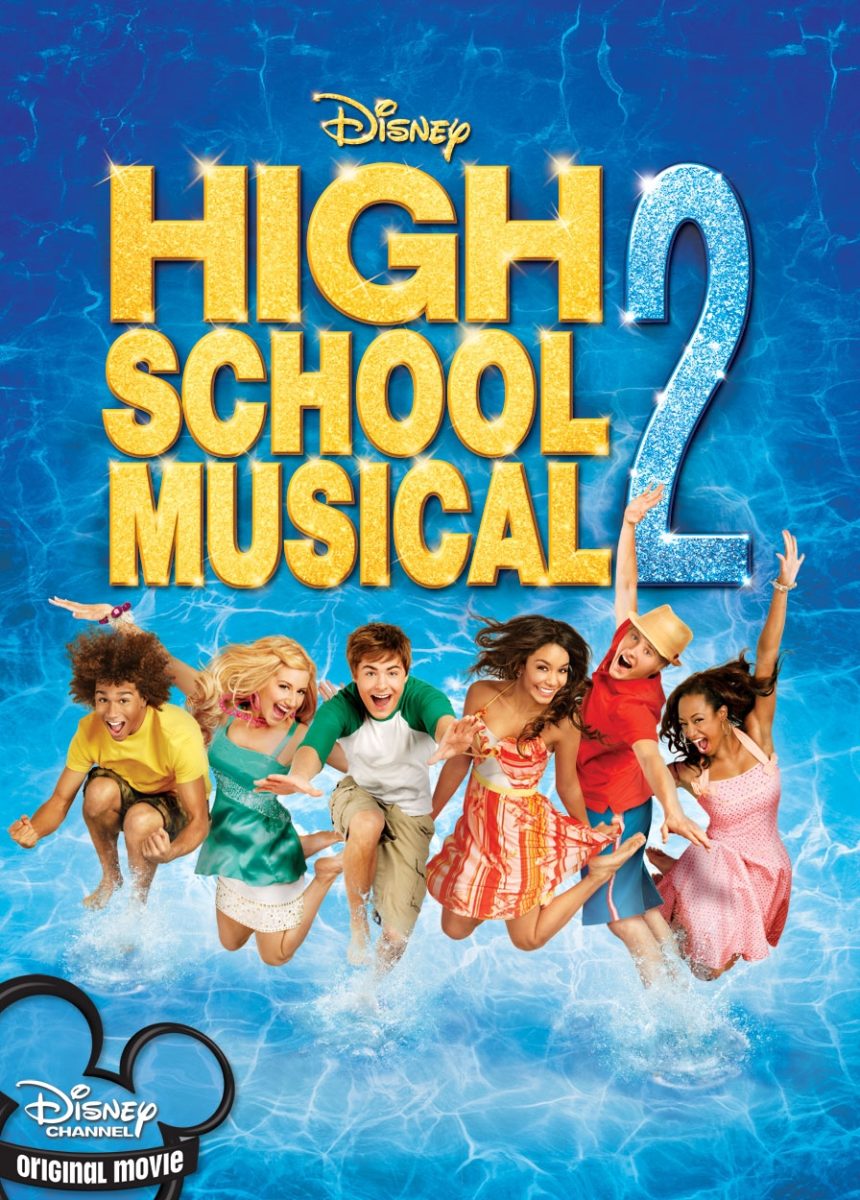Angelina Jolie has just ended her three-year hiatus to take on the challenging role of legendary opera singer, Maria Callas. Maria, directed by Pablo Larraín, tells the story of Maria Callas in the final days of her life as she reflects on her career, lovers, friendships, and struggles. The film explores her inability to move past childhood traumas and how she first began singing opera. It also delves into her relationship with businessman Aristotle Onassis and how it affected her mental health. As Maria recounts these memories and attempts to return to singing, her cook and butler try to stop her from spiraling into addiction. However, Maria resists all efforts made on her behalf and ultimately experiences schizophrenia as a result of her PTSD. Both powerful and tragic, the film captures the life of an icon and her tempestuous journey through fame and personal hardship.
One of the most notable aspects of this film is Angelina Jolie’s astonishing performance. Although Jolie has played several other characters with mental illness or addiction, such as her roles in Gia and Girl, Interrupted, her portrayal of Maria Callas is nothing short of breathtaking. Angelina Jolie brings a necessary humanity to the character beyond the public perception of her struggles. Jolie embodies Maria as a larger-than-life woman who dominated both the stage and her personal life, despite her struggles. Beyond her acting, Jolie also sings all of Maria’s music herself, making the film seem more authentic to Maria’s actual character. Jolie’s voice was sensational because her singing was rooted deeply in Maria’s personal struggles and her difficult relationship with her career, making for deeply emotional scenes. Once again, Jolie proves her ability to take on such a large role and do it justice.
Another noteworthy aspect of Maria is the awareness it brings to both opera and mental illness. In the 21st century, opera has become a lost art. Once a common experience, opera performances have become less prominent, as art is now easily accessible from the comfort of one’s home. Despite Maria Callas being one of the most famous opera singers of all time, many young people and even adults have never heard of her. This film serves as a step toward normalizing opera in a modern context, encouraging audiences to appreciate a nearly forgotten art form. Hopefully, watching Maria will inspire young generations to branch out to other forms of music that they are not familiar with.
The movie also has a significant impact on mental health awareness. Maria’s mother exploited both her voice and her body to make money during a time of war, shedding light on the lasting effects of PTSD and the harsh realities that women had to face during war periods. This type of parental abuse is rarely discussed, leaving many unaware of its long-term impact on women. Maria’s life, too, displays the effects of substance addiction and how it can impact even the most famous and successful women.
Maria’s story is not just another biopic, it is a moving lesson on life’s ups and downs. The film is both inspirational and heartbreaking as it intertwines severe mental illness with extreme glamour. With its stunning cinematography, compelling writing, masterful directing, and outstanding performances, Maria has the power to bring audiences to tears with a single still shot. The film is especially impactful to Indian Hills students, as it raises awareness of both opera and the devastating impact of addiction. For those seeking an emotional yet beautifully crafted cinematic experience, Maria is just the right pick.











